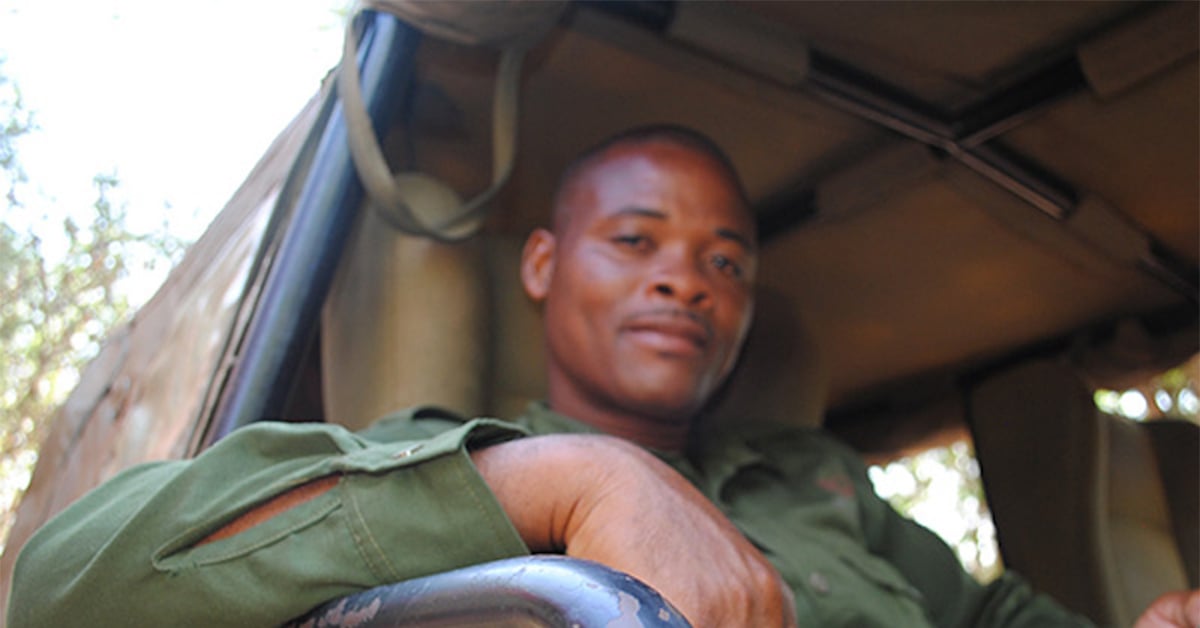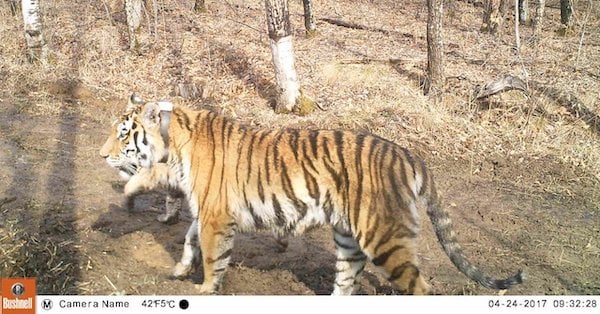Rebuilding Hope, One Hive at a Time: Mykola’s Story
Greater Good Charities has been on the ground in Ukraine since the start of the war more than three years ago, committed to long-term recovery for the people, pets, and planet most impacted. Our work has delivered millions of dollars in aid—from emergency supplies and shelter support to funding for medical relief and education. As part of our environmental recovery efforts, we’re also focused on protecting pollinators. Bees are vital to both ecosystem health and human food production. Ukraine is one of the world's top honey producers, supporting both livelihoods and the economy. But bees in Ukraine face growing threats from habitat loss, war-related contamination, and the displacement of beekeepers.
War Took His Home. He’s Rebuilding With Bees.
Born in 1949 in the Kherson region of Ukraine, Mykola built a quiet and meaningful life with his wife, Lidiya. He served in the army, studied technology, raised two children, and cultivated a passion that turned into a livelihood: beekeeping. What began with two hives gifted to him in 1980 became a thriving mobile apiary of over 150 colonies, serving local enterprises and supporting his family.
 Mykola's Apiary Before
Mykola's Apiary Before
Then came February 24, 2022.
A battle broke out near Mykola’s home in Oleshky just hours after the Russian invasion began. In the months that followed, his family faced unthinkable trauma—his son was arrested and tortured for bringing food to local defense forces, his grandson worked as a paramedic under constant shelling, and his daughter was killed by a bomb in December 2022.
 Mykola's Apiary After
Mykola's Apiary After
The final blow came in June 2023 with the destruction of the Kakhovka Hydroelectric Power Station. Mykola's town flooded and his family's home was destroyed. And, then, his apiary and bees were lost.
“I simply said to my bees, ‘What can I do to help you?’” Mykola recalled. “By the time I had walked around all the hives, the water was already knee-deep.”
 Mykola's Apiary After
Mykola's Apiary After
A Lifeline for Pollinators - and People
Greater Good Charities is working to help Mykola and other displaced Ukrainian beekeepers begin again. Beekeeping is more than a livelihood—it’s a lifeline. For families like Mykola’s, hives mean food, income, and purpose. For Ukraine, bees mean pollination, biodiversity, and ecological and economic recovery.
Pollinators are essential to food security and environmental resilience. In Ukraine—a country with vast agricultural production—bees are crucial. But conflict threatens these pollinators on every front: contamination from shelling, loss of natural forage, displacement of beekeepers, and destruction of hives like Mykola’s.
 Mykola is the recipient of our full aid package to help rebuild his apiary.
Mykola is the recipient of our full aid package to help rebuild his apiary.
That’s why we're committed to supporting pollinator recovery as part of our disaster relief efforts in Ukraine. We are:
-
Providing replacement hives and colonies to beekeepers who’ve lost everything
-
Delivering essential supplies to help restart apiaries
-
Supply bee pollen, medicine, and sugar to help keep bees alive during war, and more...
One Hive at a Time
Mykola and his family are now living in Suhodil village in western Ukraine, starting from scratch. He dreams of rebuilding his apiary—not just for income, but to find healing after unimaginable loss.
“My pain is not for the material possessions,” Mykola shared. “But for what happened to my son, to my daughter, to my grandson and granddaughter.”
With your support, Greater Good Charities is helping beekeepers like Mykola restore what was taken and protect the pollinators who keep ecosystems alive.
You Can Help
Your donation today can help provide displaced Ukrainian beekeepers with the essentials they need to start over—and ensure pollinators continue to thrive despite the devastation of war.


